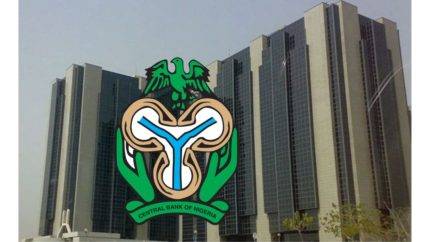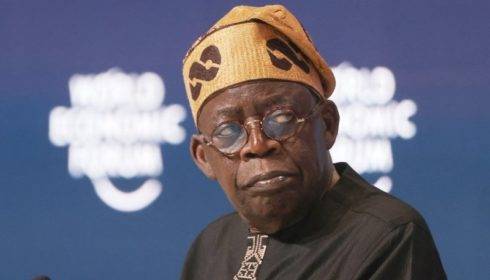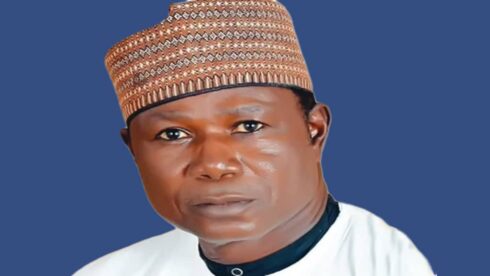The Federal Government of Nigeria has committed to increasing the national minimum wage to a figure higher than the initially proposed N60,000. This decision emerged from a pivotal meeting with labour leaders held on Monday night in Abuja, aimed at resolving the ongoing dispute over the national minimum wage. The discussions were convened in response to a nationwide strike declared by organized labour.
Key Decisions from the Federal Government and Labour Meeting
The crucial meeting took place at the office of the Secretary to the Government of the Federation. The session, which extended into the evening, was attended by top Federal government officials and representatives of organized labour. The primary objective was to resolve the stalemate that had led to significant disruptions across various sectors in the country due to the industrial action.
At the conclusion of the meeting, it was announced that the President of Nigeria, in his capacity as the Commander-in-Chief of the Armed Forces, had committed to establishing a new national minimum wage that exceeds N60,000. To finalize the new wage, a Tripartite Committee was set to convene daily over the following week. This committee’s task is to ensure that an agreeable minimum wage figure is reached promptly, reflecting the President’s commitment to improving workers’ welfare.
The resolutions from the meeting were documented and signed by Minister of Information and National Orientation, Mohammed Idris, and Minister of State for Labour and Employment, Nkeiruka Onyejeocha, representing the Federal Government. On behalf of the organized labour, the President of the Nigeria Labour Congress (NLC), Joe Ajaero, and the President of the Trade Union Congress (TUC), Festus Osifo, affixed their signatures.
Organized Labour’s Response to the New Offer
In light of the Federal government’s new offer, organized labour leaders have committed to reviewing the proposal through their internal organs. The aim is to consider the Federal government’s new offer and determine the next steps. An important aspect of the resolution ensures that no worker will face victimization for participating in the strike, underscoring the Federal government’s commitment to fair treatment of its workforce.
The strike, which began at midnight on Sunday, June 2, 2024, was a response to the Federal government’s initial refusal to increase the proposed minimum wage above N60,000. The NLC, led by Joe Ajaero, declared the indefinite strike following a breakdown in earlier negotiations with the government.
The willingness of the Federal Government to revisit the proposed wage and engage in daily meetings with the Tripartite Committee signifies a positive step towards resolving the industrial dispute. This development is expected to ease tensions and pave the way for a fair resolution that benefits the Nigerian workforce.
Implications and Future Outlook
The decision to increase the minimum wage beyond N60,000 marks a significant shift in the Federal Government’s approach to addressing labour concerns. This move is anticipated to have far-reaching implications for the Nigerian economy and the standard of living of its citizens. A higher minimum wage would potentially increase disposable income for workers, thereby boosting consumer spending and stimulating economic growth.
Moreover, the Federal government’s commitment to non-victimization of workers who participated in the strike could foster a more collaborative relationship between the Federal! government and labour unions. This approach might also enhance trust and cooperation in future negotiations, reducing the likelihood of prolonged industrial actions.
As the Tripartite Committee works towards finalizing the new minimum wage, all eyes will be on the outcomes of their discussions. The organized labour’s response to the new offer will also be crucial in determining the immediate future of industrial relations in Nigeria. The successful resolution of this dispute could set a precedent for how labour conflicts are handled moving forward, promoting a more stable and productive economic environment.
Labour’s Response and Assurance of Non-Victimization
In response to the Federal Government’s commitment, the Organised Labour has agreed to convene a meeting of its organs immediately to consider the President’s commitment. This move indicates a willingness on the part of Labour to engage constructively and potentially call off the strike if satisfactory agreements are reached. The Labour representatives acknowledged the high esteem in which they hold the President’s commitment and expressed cautious optimism about the outcomes of the forthcoming negotiations.
Additionally, it was resolved that no worker would face victimization as a result of participating in the industrial action. This assurance is crucial in maintaining trust and goodwill between the government and the workforce, ensuring that workers can advocate for their rights without fear of retribution. The resolution to protect workers from victimization reinforces the democratic principle of the right to strike and engage in peaceful protest.
The resolutions reached at the meeting mark a significant step towards addressing the long-standing issue of the National Minimum Wage in Nigeria. The commitment from both the Federal Government and Organized Labour to continue negotiations and protect workers’ rights underscores a shared dedication to achieving a fair and just outcome for all parties involved. As the Tripartite Committee prepares to meet daily, the nation watches closely, hopeful for a resolution that will benefit the Nigerian workforce and the broader economy.
Table of Contents
Discover more from OGM News NG
Subscribe to get the latest posts sent to your email.














